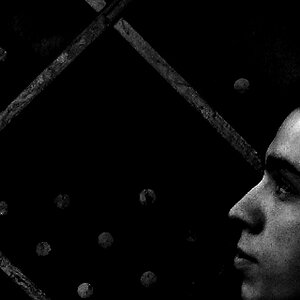skieur
TPF Noob!
- Joined
- May 14, 2007
- Messages
- 5,071
- Reaction score
- 204
- Location
- Canada
- Can others edit my Photos
- Photos OK to edit
The reason for the "heat" in some of the discussions seems to me to be different conceptions of the nature of photography.
Some seem to define photography as "capturing a moment in time" while implying that using filters, postprocessing etc. is distorting the accuracy of the "moment" and therefore somehow changing photography into creative design with no relationship to reality. Another way of expressing their view is: accurate content is more important than visual impact or photographic method.
Others see photography as creating a visually attractive/artistic image that emphasizes or makes a "statement": emotional or otherwise about some aspect of our world. Making us see things, we would not ordinarily see, or feel emotions that we might not ordinarily feel. Their view would be that the visual effect of the image is more important than depicting the reality in the original scene. To put it another way: A beautiful image is a beautiful image irrespective of how it was created and irrespective of the reality in the original scene. Filters, postprocessing, HDR, solarization, panoramas, etc. are all means to creating an image with visual impact and that is the objective.
Needless to say, the first side cannot communicate with the second side very well because their concepts of photography are so totally different.
skieur
Some seem to define photography as "capturing a moment in time" while implying that using filters, postprocessing etc. is distorting the accuracy of the "moment" and therefore somehow changing photography into creative design with no relationship to reality. Another way of expressing their view is: accurate content is more important than visual impact or photographic method.
Others see photography as creating a visually attractive/artistic image that emphasizes or makes a "statement": emotional or otherwise about some aspect of our world. Making us see things, we would not ordinarily see, or feel emotions that we might not ordinarily feel. Their view would be that the visual effect of the image is more important than depicting the reality in the original scene. To put it another way: A beautiful image is a beautiful image irrespective of how it was created and irrespective of the reality in the original scene. Filters, postprocessing, HDR, solarization, panoramas, etc. are all means to creating an image with visual impact and that is the objective.
Needless to say, the first side cannot communicate with the second side very well because their concepts of photography are so totally different.
skieur





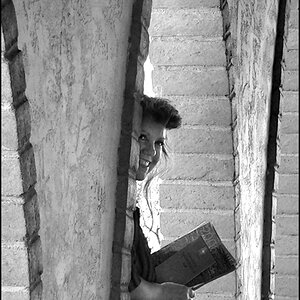
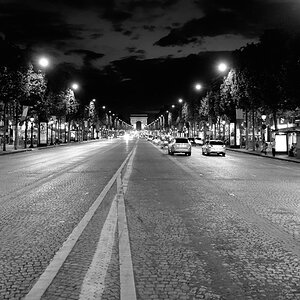
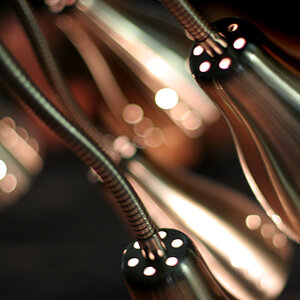
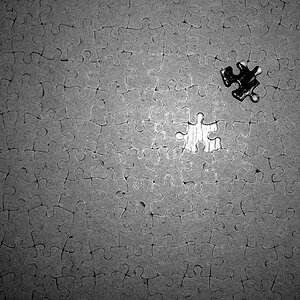
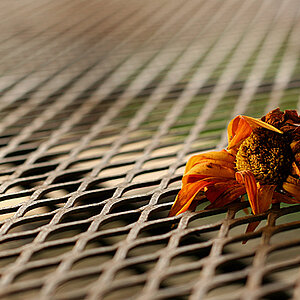
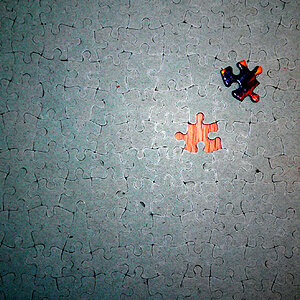
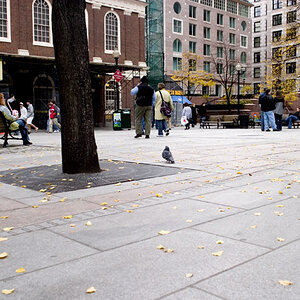
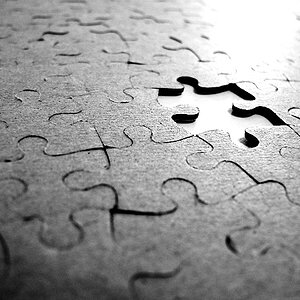
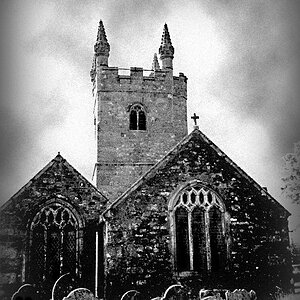
![[No title]](/data/xfmg/thumbnail/34/34064-66d345cd6eebe4b9f97597e03008d3b7.jpg?1619736260)
